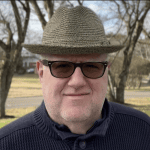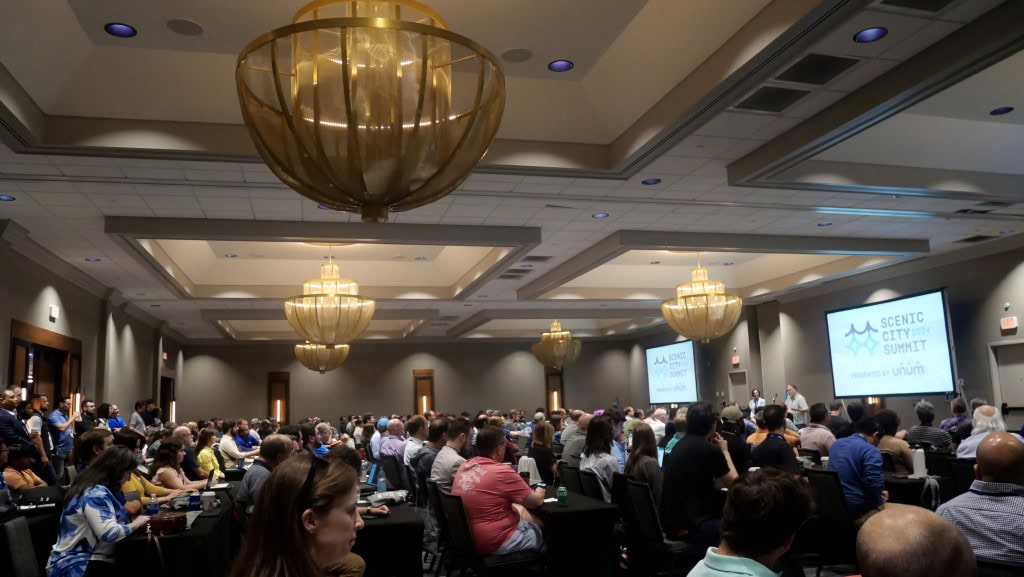So I was notified a few days ago that one of my sessions was selected, and one is an alternate. Luckily, it was the one that I have the most experience with, and the alternate is my latest session that I am really quite happy with after doing it virtually and now at the SQL Saturday in Columbus.
The selected session is:
Database Design FundamentalsIn this session I will give an overview of how to design a database, including the common normal forms and why they should matter to you if you are creating or modifying SQL Server databases. Data should be easy to work with in SQL Server if the database has been organized as close as possible to the standards of normalization that have been proven for many years. Many common T-SQL programming “difficulties” are the result of struggling against the way data should be structured and can be avoided by applying the basic normalization techniques and are obvious things that you find yourself struggling with time and again (i.e. using the SUBSTRING function in a WHERE clause meaning you can’t use an index efficiently). |
And I really look forward to seeing how it goes this year. Since last year’s version at PASS, where I finished out a year in less than great form, I have worked on this presentation quite a lot. Some of the examples were hard to read, and the data models just didn’t seem to bring it across, so I added tabular examples that really seemed to give it an extra push of interest when I did it for the Hampton Roads User Group earlier in the year. I am also hoping that they put me in the smallest room possible so the 40-60 people that I average every year with this session are all crammed on top of each other (why? Check answer 7 here: http://sqlpeople.net/admin/2011/05/09/louis-davidson/)
The irony is, I am really glad that the other sessions didn’t get picked up because frankly I am swamped and the other ones would have been totally new sessions that I would have spent at least 100 hours on. I figured the Database Structures session wouldn’t make it because it would never compete with Kalen, Kim, Paul, and many many others… When I put it in, I was planning on doing Devlink in Chattanooga in August where it was picked up. However, I am now speaking at SQL Solstice in Raleigh the very same week, and there I am doing the full day Database Design Workshop that I did last year in Orlando for SQL Saturday. I will blog more about that later, but suffice it to say, there are 5 day long sessions by some awesome names: Ed Wilson (PowerShell), Andy Leonard (SSIS), Jessica Moss (BI), Andrew Kelly (Performance). I feel honored just be there with them, much less speaking at the same time.
So if you are looking for some learning in mid August in the South/Southeastern US, SQL Solstice is shaping up to be pretty awesome, and for a quality/value ratio that is almost unbelievable, you can’t beat Devlink for a developer oriented conference with a solid DB track (including Joe Webb, Brad McGehee, Robert Cain and others).
And duh, the PASS Summit is always awesome, though clearly not in the South/Southeastern US (at least not until 2013!)
So I am a bit hesitant to post this because the past few times I have posted about something I have submitted they have failed to occur. But hey, I might as well. If I don’t I might get all 5 sessions I submitted and have to do them.. and that would be super tiring.
So I put in 5, including a 1/2 day session and a pre-con and if I could choose only one, it would be the pre-con. Before you start thinking I am stating the obvious, I have done one pre-con by myself at the Orlando SQL Saturday last year and it was great to have enough time to actually do the topic of relational database design, including time to actually get the people in the session to create designs on their own. The 1/2 day session is intriguing. I am thinking that a 1/2 day would still give us time to do some database designs, though not likely on the whiteboard in teams. In either case, if I get to do either of these, I figure I would bring my Wacom Cintiq 12x monitor to interact onscreen…
So, the sessions I submitted are, starting with the regular sessions:
Database Design Fundamentals – A session I have done quite a few times over the years, including quite a few SQL Saturdays recently with major changes to the normalization bits based on newer, friendlier example code.
Characteristics of a Great Relational Database – A new session that I have only done once for the AppDev virtual chapter. It is a basically a list of seven characteristics that make a database great, rather than just functional.
Database Structures for Programmers – A session that I am writing for Devlink this year (and probably the Nashville SQL Server User Group in July) that is probably encroaching on a few of my idol’s sessions who talk about structures. My goal in suggesting it was to branch out a bit and start talking a bit more about non-relational stuff. A great lacking I think is sessions about the physical structures, particularly at the level I tend to give talks at (which is to talk about complex subjects in less than complex manners.) A lot of developers don’t want to get so deep it gets confusing, but they do need to know about how the physical implementation of SQL Server can be manipulated for your benefit.
Database Design Patterns In Practice (1/2 day) – In this session, my goal will be to cover constraints, triggers, etc and how you can put them together to make interesting objects in your design. It will be highly interactive, more or less consisting of an overview of data protection/implementation objects, then a set of scenarios that we will implement together.
Database Design Workshop (pre-con) – This session will cover database design from the basics to actually putting it into practice. It is a bit like drinking from a firehose, but it very practical in nature as we will be looking at stuff that any person who has to do database design will do regularly.
So there you have it. If I get even one of them I will be happy to do it. Speaking at PASS may be the most stressful of all of the speaking I do since the competition is strong, there are lots of tracks,and I have regularly been in the final slot of the conference where I probably would have been too tired to attend a session myself. If you want to get a solid idea of why this gets to me, watch for my SQL People entry comes up sometime this month.





Load comments